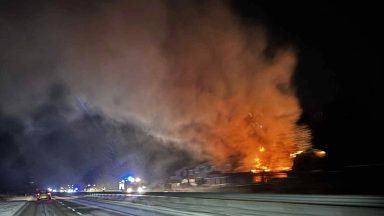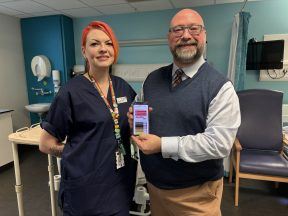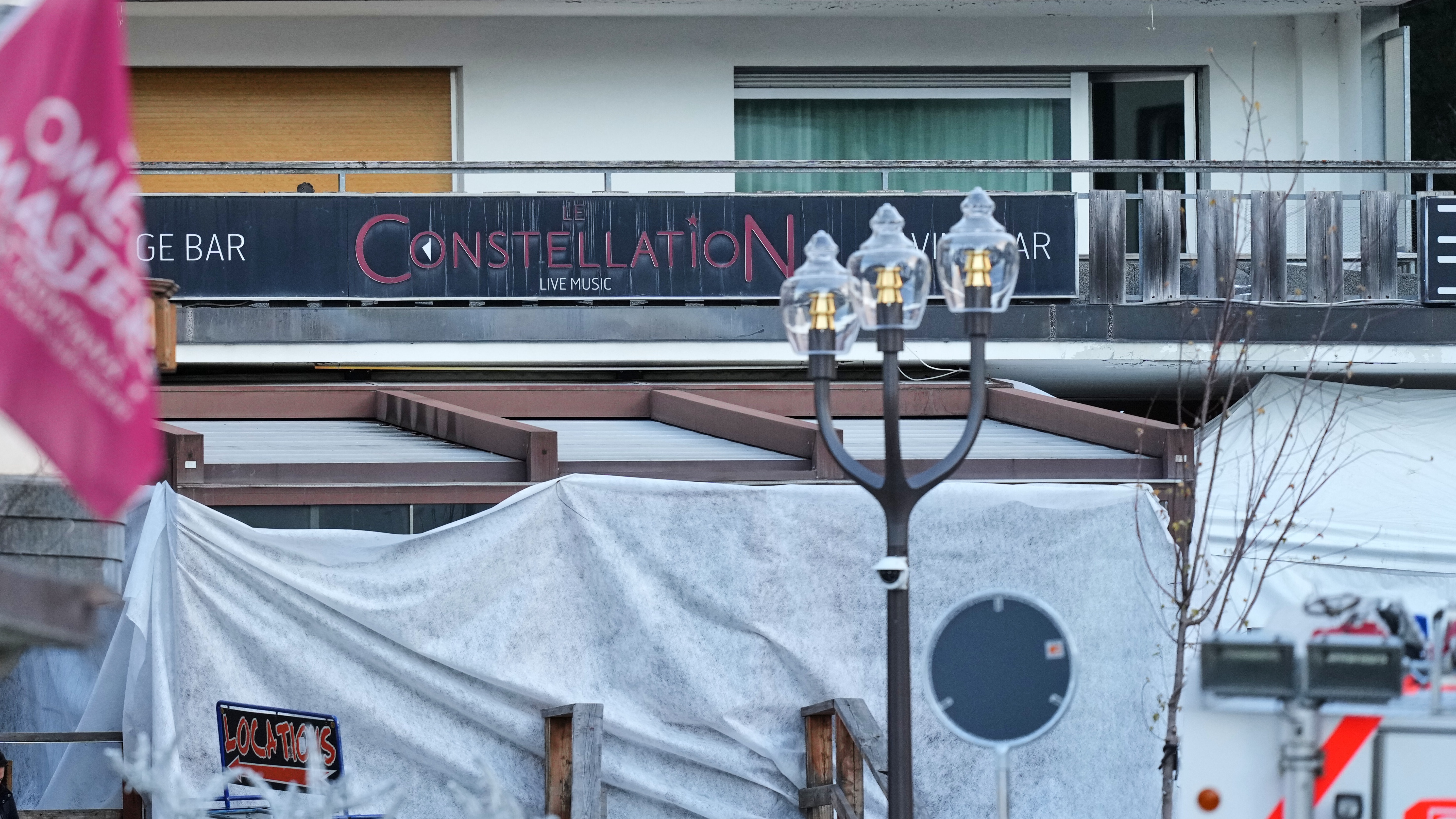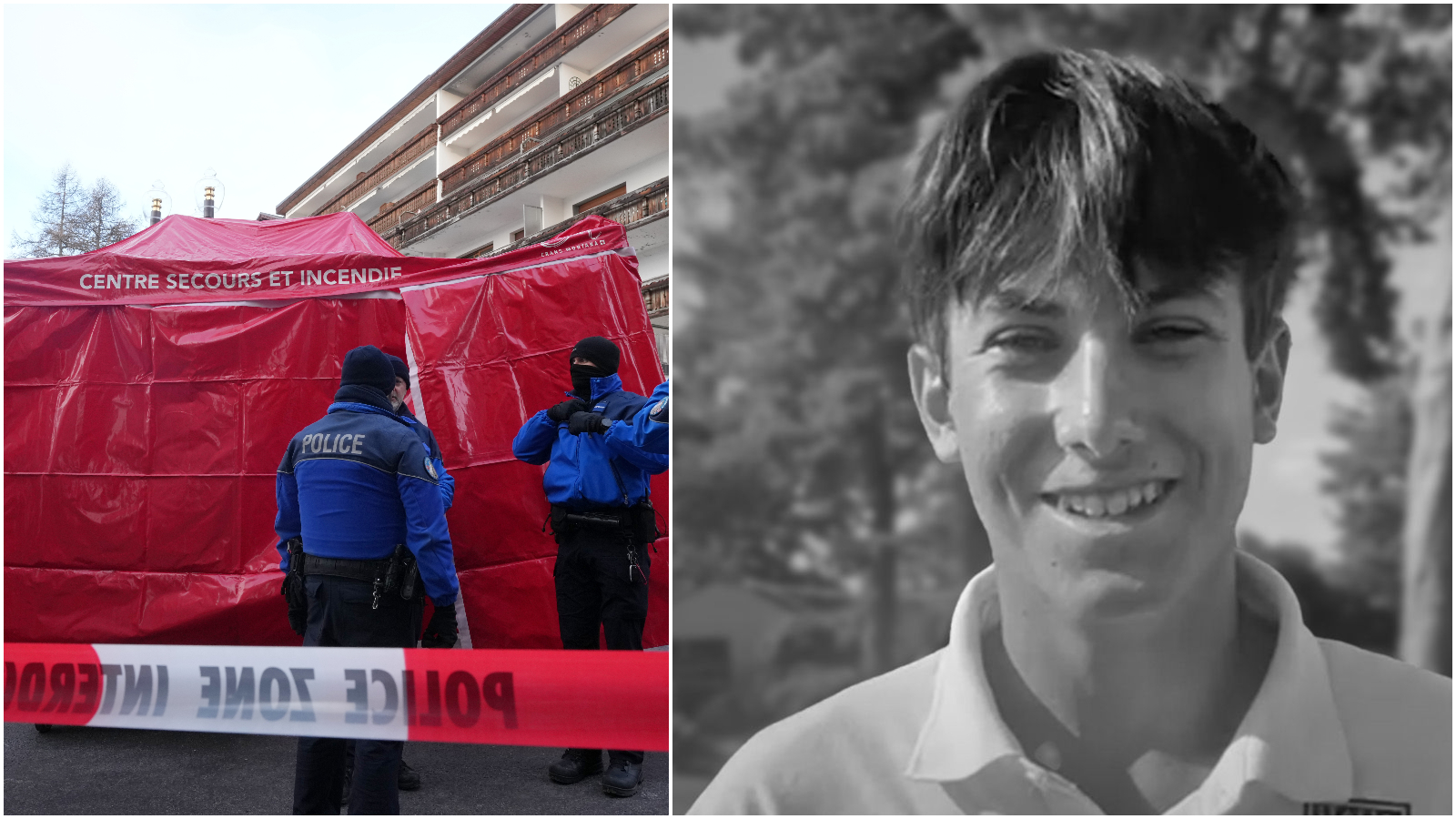A sheriff has concluded that staffing levels in a psychiatric ward where a patient took her life was “unsafe” and “contributed” towards the woman’s death.
Clare Shannon, 30, took her own life on April 4, 2014 while she was a patient at the Barcarres Ward in the Royal Edinburgh Hospital.
A written judgement issued at Edinburgh Sheriff Court earlier this month told of how Ms Shannon had spent many years suffering from Emotionally Unstable Personality Disorder (EUPD).
The judgement tells of how people with the condition suffer from severe depression, low mood and often try to take their own lives. Ms Shannon had made repeated attempts on her life in the years leading up to her death.
On the night she died, only two members of nursing staff were on duty looking after a total of 20 patients on the ward – at least one of the patients needed constant supervision and others had a “propensity” to self harm.
One of the staff members was only a nursing assistant with no formal qualifications and less than a year’s experience of the job.
On Monday, Sheriff Wendy Sheehan concluded that the level of staff available on the night Ms Shannon died was inadequate.
Sheriff Sheehan, who presided over a Fatal Accident Inquiry, wrote: “There was a defect in the system of work on the Balcarres ward, Royal Edinburgh Hospital, which on April 4 2014, allowed two nursing staff (one of whom was a nursing assistant with no formal qualifications and less than a year’s experience) to care for 20 acutely unwell patients (at least one of whom required constant observation and others who had a propensity to self-harm).
“This was unsafe and contributed to the accident resulting in Clare Shannon’s death.”
The opinion issued by the court tells of how Ms Shannon, whose address wasn’t disclosed, was the youngest of three daughters. Her father was diagnosed with early onset dementia when she was aged around seven-years-old.
Sheriff Sheehan wrote that she had seen a number of journals that Ms Shannon had written. She also watched a ‘poignant’ film which Ms Shannon had made about her condition which was called “Unwell.”
Sheriff Sheehan said the work displayed Ms Shannon’s “intellect, humour and creativity” and gave an insight into how her mental health impacted on her life.
The judgement tells of how Ms Shannon died shortly after visiting the bathroom.
Sheriff Sheehan said that a “reasonable precaution” which could have been taken to avoid Ms Shannon from losing her life was to ensure that she was “directly observed” when using the toilet “at all times”.
The judgement also states that Ms Shannon may have not received the most appropriate care whilst a patient at the Barcarres Ward. Sheriff Sheehan said this was because the ward was designed for caring for acute patients and not people with long term conditions like Ms Shannon.
Sheriff Sheehan said that by being on the Barcarres ward, Ms Shannon would not have had access to psychiatric therapies which may have helped her.
The sheriff also said that NHS Lothian need to do more to develop services to help people who may have similar needs to Ms Shannon.
The Sheriff urged NHS Lothian to implement the recommendations contained within a document issued last year by Healthcare Scotland entitled ‘From Observation to Intervention’.
She wrote: “In 2013/14 NHS Lothian did not have, and at the current date they do not have, any service to treat patients who require adult inpatient psychiatric care other than by way of admission to acute wards (which are designed to assess, stabilise and discharge patients over a 10-14 day period).
“Acute wards, by their nature, do not provide an environment where patients with serious, chronic conditions may receive specialist clinical psychology treatment to address their core psychopathology.
“Acute wards are also not designed to provide the safe, therapeutic and intensive care environment, length of admission or staffing ratios which patients undergoing such treatment require.
“The introduction of the 2019 guidance in all NHS Lothian adult inpatient psychiatric wards might realistically prevent other deaths in similar circumstances.”
Follow STV News on WhatsApp
Scan the QR code on your mobile device for all the latest news from around the country




























